As part of its internationalisation activities the Sports group within the School of Tourism had four students and a scholar significantly contributing at the Student Seminar and the main conference of the European Association for Sport Management (EASM) in Turkey from 7 to 14 September.
The 4.5-full-day Student Seminar saw 60 students from 13 countries working in mixed international groups along management cases. Keynotes on those topics of current special interest were given by the NBA Europe Marketing Director, a recently retired UNICEF Programme Director, Professor March Krotee from North Carolina State University and Dr Tim Breitbarth, Senior Lecturer at Bournemouth University.
BU students John Bryson, Stefan Ferencz and Oliver Johnson won their case competitions with their respective teams, and therefor had the chance to present at the 21st EASM conference. After the four winning groups’ presentations in front of a large audience, the jury decided on Oliver Johnson and his team as the overall winner of the management game. They were awarded during the conference’s closing banquet, which took place during a nightlong boot trip on the Bosporus.
Students present dissertation research to academic community
Beyond all four students’ great work as BU ambassadors during the Student Seminar, Luke Frary and John Bryson presented their dissertation research to the interested academic community, guided by Tim and Dr Andrew Adams, Senior Lecturer in Sport Management. Before his presentation, Luke had the chance to personally discuss his work on leadership over breakfast with 86-year old Professor Packianathan Chelladurai, arguably the most globally renown sport management and leadership scholar. John was asked by NBA Europe Marketing Director Naci Cansun to send his research results on the impact of CSR in professional sport and thoughts on managerial implications.
All students had to go through a very competitive application process and a good proportion of the overall trip was funded because of the students’ very strong applications to the BU Global Horizon Fund and the School of Tourism internal funding scheme. Besides their successes related to the conference, all students generally benefitted from the process of actively engaging and working with the large intercultural sports and business community.
Dr Tim Breitbarth workshop Lead Convenor at EASM conference
Despite its small presence at the world’s largest sport management conference, the BU Sports group made a big impact also due to Tim’s role as Lead Convenor of a very well-attended 1.5-day workshop on social responsibility management in professional sport, which for the first time brought most of the key researchers on the topic from North America, Australia and Europe together. In addition, experienced practitioners from Euroleague Basketball and German Society for International Cooperation were invited as keynote speakers and added to the discussion.
The workshop is part of the process which will lead to a special issue on the topic in Corporate Governance – The International Journal of Business in Society, with Tim leading a the guest editor team, which also features three colleagues from England, Germany and The Netherlands (www.emeraldinsight.com/products/journals/call_for_papers.htm?id=4564).
Luke Frary with Andrés Guerrero, International Development Cooperation Expert and recently retired UNICEF Programme Director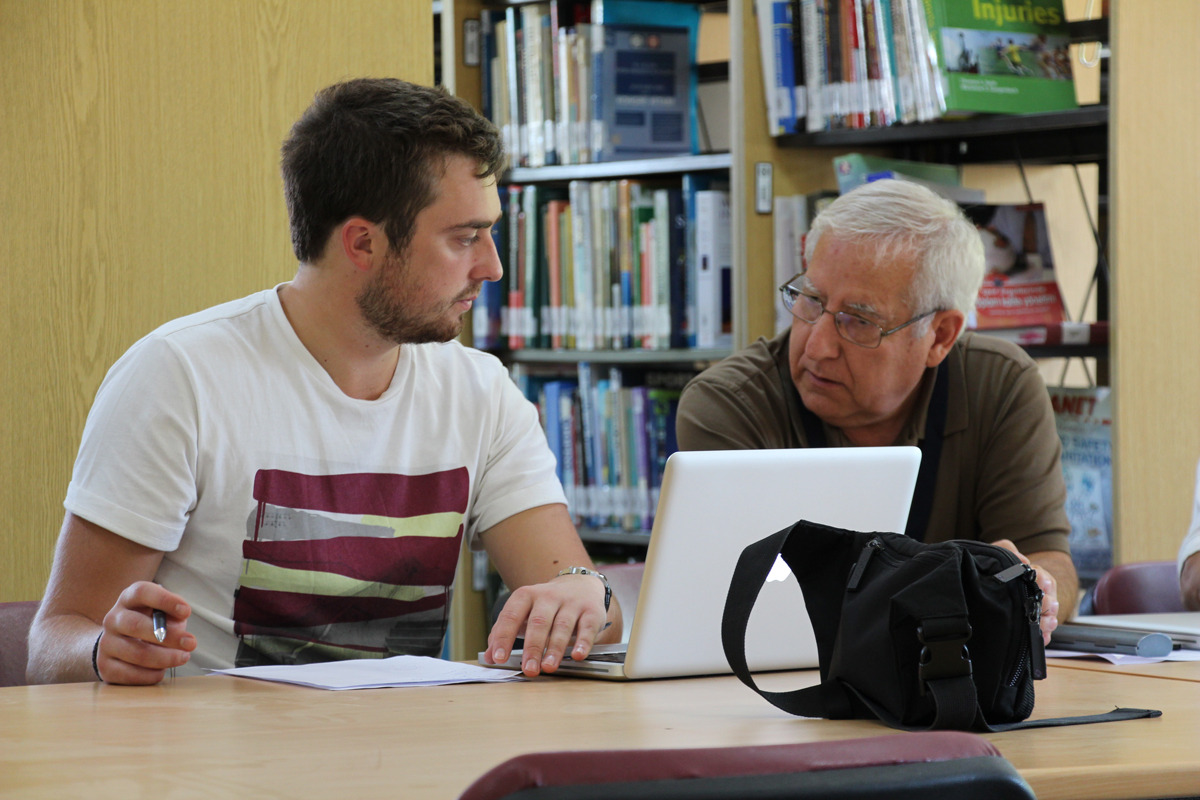
Oliver Johnson (third from left) with his team from Finland, Germany and The Netherlands, which won the EASM 2013 Student Management Game.
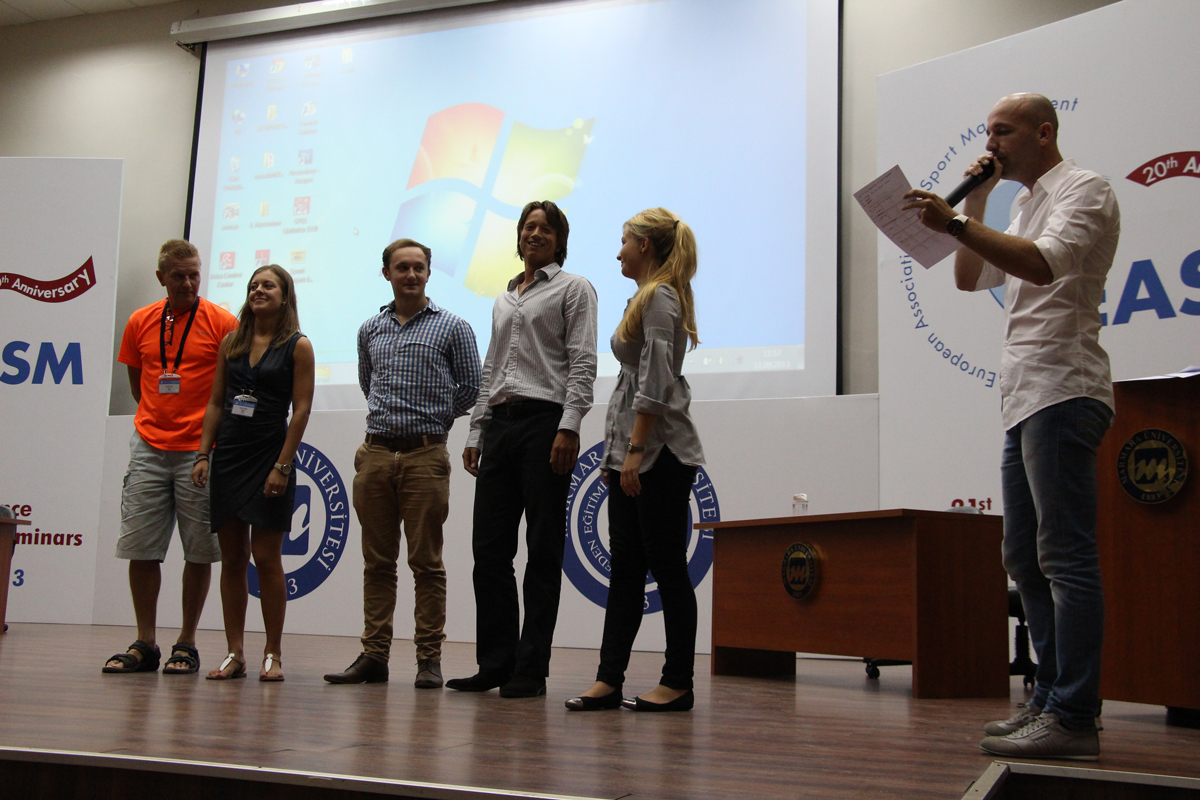
Stefan Ferencz during group work
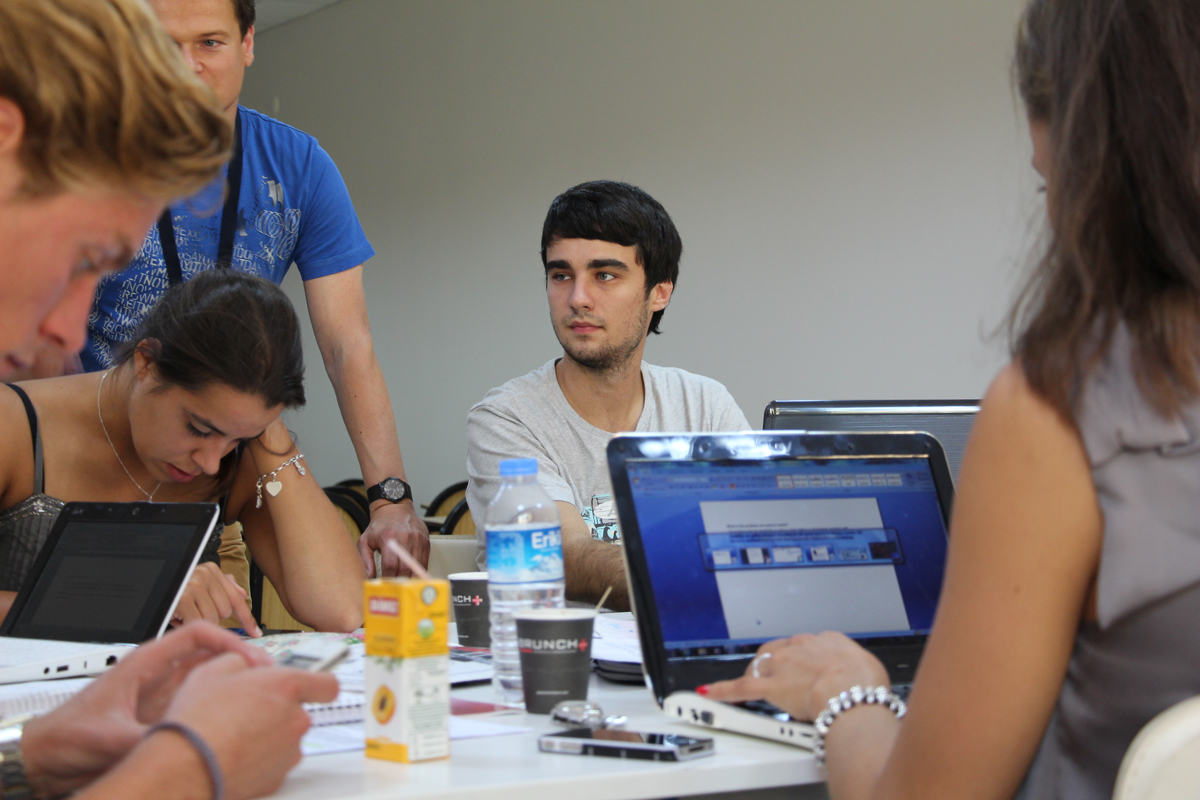
John Bryson with two of his team members from Germany and The Netherlands 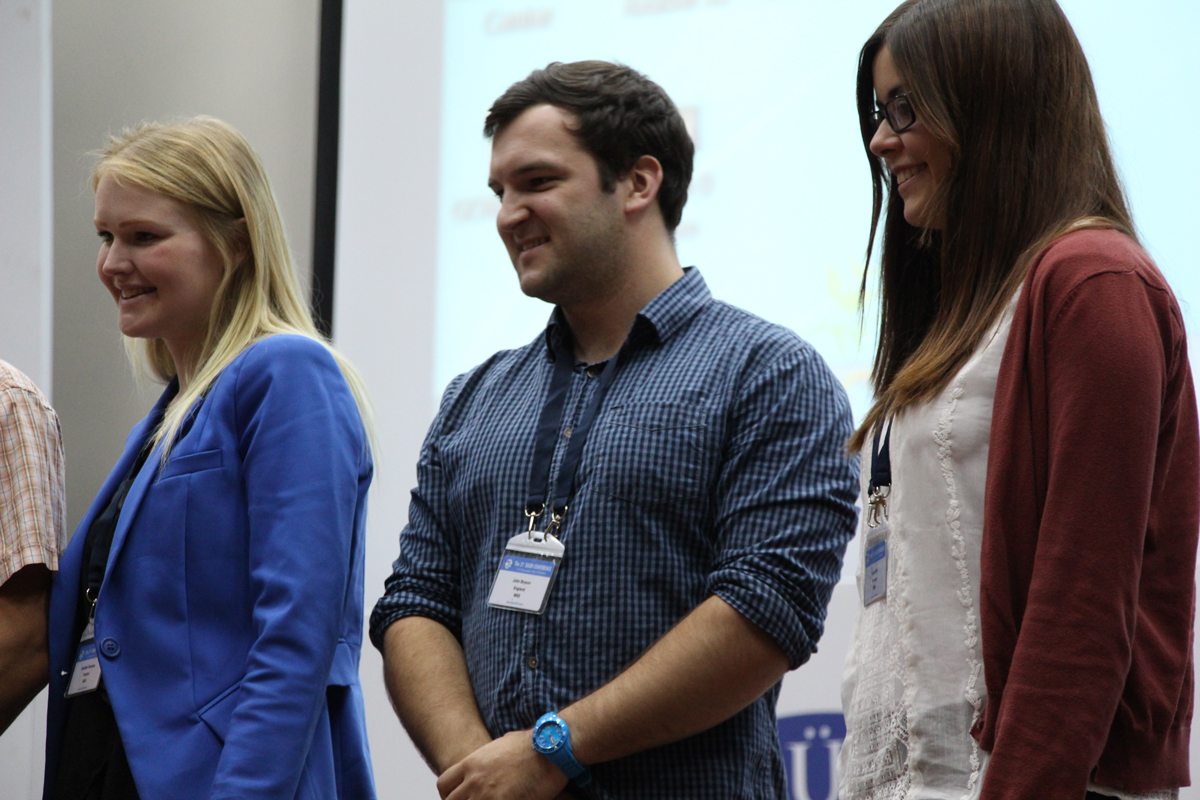
Dr Tim Breitbarth, Senior Lecturer in Sport Management, with Professor Birol Cotuk, Dean Marmara University School of PE and Sport and Chair of the 21st EASM Conference, Istanbul/Turkey
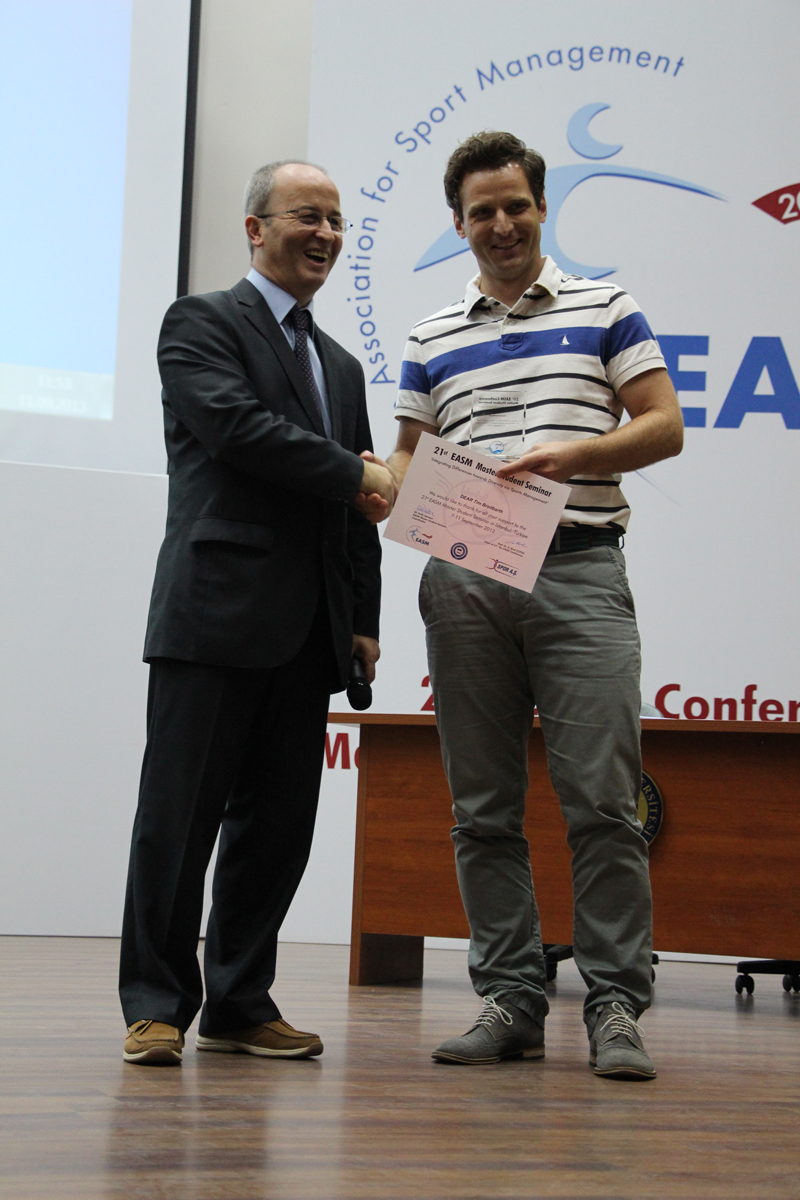
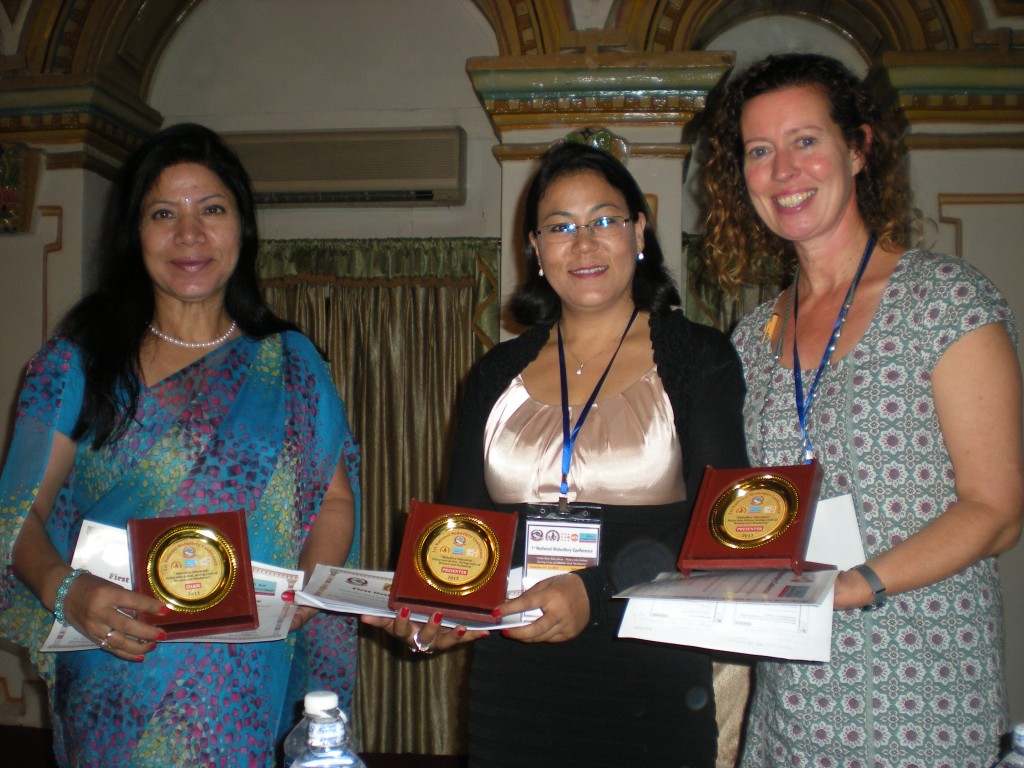
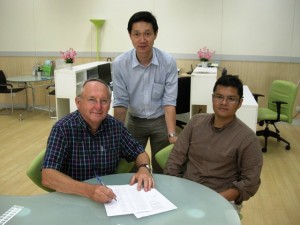
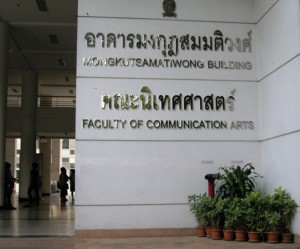
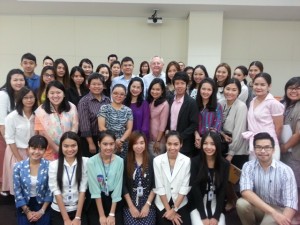
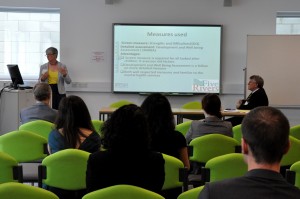

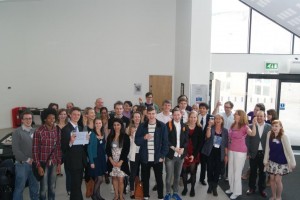






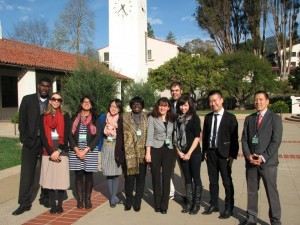
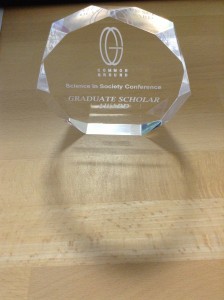
















 Conversation article: Why so many people drown at the water’s edge
Conversation article: Why so many people drown at the water’s edge Workshop on longitudinal studies in three countries
Workshop on longitudinal studies in three countries New Bournemouth University public health paper
New Bournemouth University public health paper New ACORN-funded paper published. When time is short but passion for food is strong, food day-tripping may be the answer!
New ACORN-funded paper published. When time is short but passion for food is strong, food day-tripping may be the answer! Royal Society of Chemistry Outreach Fund: Open for Applications
Royal Society of Chemistry Outreach Fund: Open for Applications Last reminder – MSCA Postdoctoral Fellowships 2024 internal deadline next week
Last reminder – MSCA Postdoctoral Fellowships 2024 internal deadline next week Horizon Europe – EuroHPC and MSCA PF webinars
Horizon Europe – EuroHPC and MSCA PF webinars